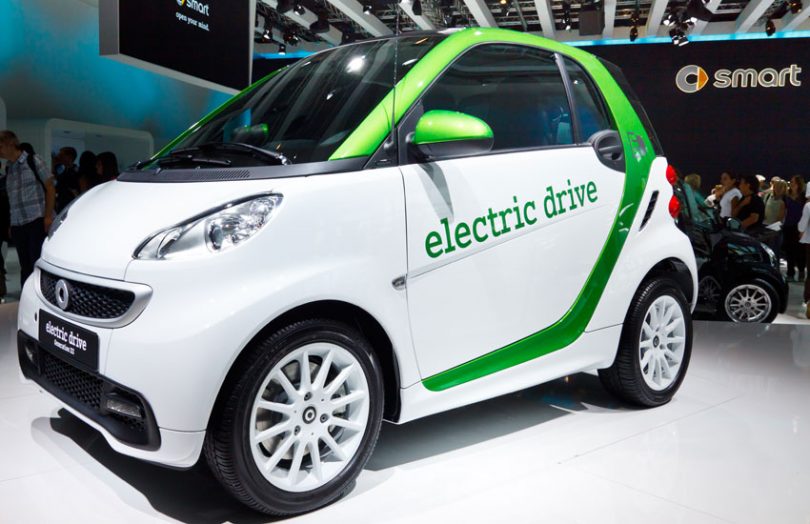On Wednesday, Filament, a blockchain platform for Internet of Things solutions announced its adoption of the MOBI Vehicle Identity Standard (VID) on its Blocklet Mobility Platform. Filament’s product is a turnkey solution for tracking vehicle history, an integrated vehicle wallet and other applications.
The Blocklet Mobility Platform is due to enter production early in 2020. And the integration of MOBI’s VID will complement the objective of creating a connected system to verify vehicle data for applications on the platform. This will boost the efficiency of the automotive industry and will benefit both the manufacturers and consumers.
“It (VID) provides a strong foundation on which we can offer a truly neutral and globally available way to discover and validate vehicles. Most importantly, this identity exists for the lifetime of the vehicle, regardless of who owns or operates the vehicle,” said Allison Clift-Jennings, CEO, Filament.
The focus of the automotive industry is also changing, with electric vehicles becoming cheaper and easier to maintain. Filament acknowledged the change of revenue models of the automotive sector to new, greener usage-based models, including rideshare and automation in its announcement.
“Participation of technology providers, like Filament, is crucial to MOBI’s initiatives in creating green, smart mobility ecosystems,” said Chris Ballinger, Founder and CEO, MOBI.
What is MOBI’s VID?
MOBI is a blockchain consortium of several automotive industry leaders including Renault, Ford, General Motors, Honda and BMW. MOBI launched VID just last month, to be the foundation upon which firms build to improve road safety, lower carbon emissions and alleviate traffic congestion.
VID potentially can help to keep track of vehicle repairs, part changes, odometer values and every interaction with the car as a hash on a public blockchain. This is especially beneficial in the development of self-driving vehicles and ride-sharing businesses.
If a car has a digital identity number, it can easily process payments to service-based applications. This is one of the areas where Filament envisions a role for the Blocklet Mobility Platform.
Blockchain in Automotive industry
Daimler Trucks North America (DTNA) has partnered with Filament to use blockchain in improving its components manufacturing service. The idea is to keep track of all the manufactured and refurbished automotive parts to improve efficiency and ultimately save costs.
Autonomous cars and ride-sharing services are pegged to be the future as the emphasis on green energy increases day by day. The issue of traffic congestion can be addressed by the mass adoption of such services, which still have a lot of room to grow.
A few months back, Filament entered into a partnership with the University of Nevada to collaborate on the Intelligent Mobility initiative. The objective of the project is to study and develop a standard for data integrity between autonomous vehicles and road infrastructure.
Other organizations exploring blockchain for autonomous mobility include the Trusted IoT Alliance where Siemens and Bosch are involved in experiments. Chorus Mobility won the MOBI blockchain challenge with a peer-to-peer payment protocol for connected vehicles.
Auto manufacturers are also looking to use blockchain for supply chains. One objective is to increase consumer satisfaction, in terms of traceability of the materials used in their cars. An example of this is the partnership of Volkswagen, Ford, IBM and others in a blockchain supply chain network designed to ensure cobalt used in car batteries is ethically mined.






